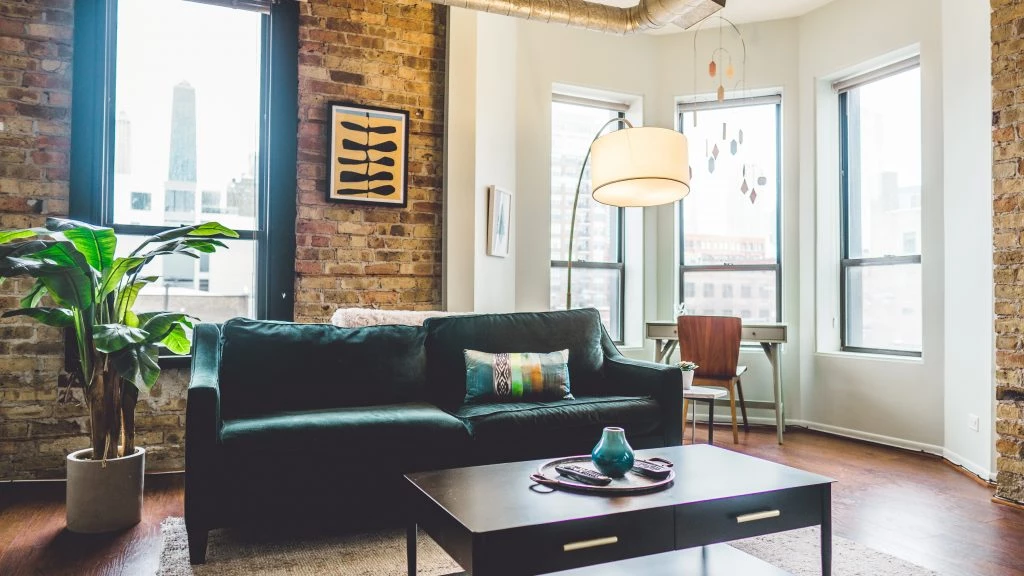Quick Home Invasion Statistics – Australian Bureau of Statistics
- In 2017 there were 225,900 recorded burglaries in Australia, or one every 3 minutes
- 20.3% of Australian homes have been burgled at some point
- It takes 75% of burglars less than 5 minutes to enter a property
- New South Wales saw 25.5% of all burglaries that took place in Australia in 2017.
Landlords have a legal responsibility to ensure that the properties they rent out are safe and secure, however that rarely translates into a burglar alarm system.
It’s an unfortunate reality: rented properties are generally associated with greater levels of crime than properties owned by their occupiers. So, with this in mind, what can you do to keep your rented property secure? In this article, we’ll look at home security for tenants and a few reasons why criminal activity tends to be higher in rentals.
Why Rented Properties are Often Less Secure
Lack of activity around the property and the visibility or attractiveness of the property are the two main areas of focus for targeting premises. Houses that appeared vacant or unoccupied, rubbish bins left outside on the curb, no lights turned on inside the house in the evening, no vehicles parked in the driveway and an overflowing mailbox, these will give the impression that the occupants are away and won’t be back anytime soon.
Another element which contributes to lower home security for tenants is the general coming-and-going associated with rented accommodation. Tenancy durations average out across the country at around 18 months, which obviously means more people have had access to the property than if it were in the hands of a homeowner. To help you prevent unlawful break-ins and safeguard your home, here are five helpful tips for you to start practising right away!
Join A Neighbourhood Watch
This will give you the opportunity to get to know your neighbors better. Having a neighbour keep an eye on your house will lessen the chances of an attempted break-in. You can speak to your local police department about giving your group an informal lecture that can provide insight into identifying a suspicious person and what to do if you spot one loitering on your street, how to recognise a burglary in progress, and what to do in an emergency.
Fortify Your Stronghold Inside and Out
Start taking your security seriously and make an effort to fortify your household from intruders who would gladly relieve you of your hard-earned possessions. Many burglaries take place as a result of neglect on the part of the renter. It makes sense that a house which has its doors and windows unlocked most of the time will be a prime target for a malicious thief.
If you’re renting and notice your doors and windows don’t meet the basic security requirements, let your landlord/agent know.
Even the Smallest Pup Can Stop Burglars
Your guard dog doesn’t have to be a breed that displays threatening behavior, as a burglar most likely won’t know what kind of dog is on the other side of the door. Choose a dog that is friendly, though will excite whenever someone arrives at your house. It is best that you don’t try and stifle your dog’s barking habits. The more they bark at any potential visitor or intruder, the better. Make sure your dog is aware of all activity outside of the house, not just by the front door.
Invest in a DIY Secure Alarm System
It’s easier than ever to monitor your home while you’re not there. While you can’t install a wired security system, you do have other alarm options specially designed for apartment security and the like. Window alarms does the trick for windows, and door stop alarms are another cheap and easy option for your doors. Install a streaming camera. Cameras like this will set you back a couple hundred dollars, but they’re incredibly useful for keeping track of what’s going on when you’re not home. And if something happens, you’ll have easily accessible footage of the incident right on your phone.
Get a Renter’s Insurance
If you don’t already have renter’s insurance, look into it. Compared to other types of insurance, it’s a great value. Most of them not only cover home burglaries, but also water damage, vandalism, and fire damage. Depending on the type of insurance you have, you may also be covered for liabilities if someone is injured in your home.
If you find this article useful, we’d love you to share it with your friends via the social media buttons below. Please also let us know your thoughts on this article. Meet us over on Facebook or Instagram to join the conversation right now!

